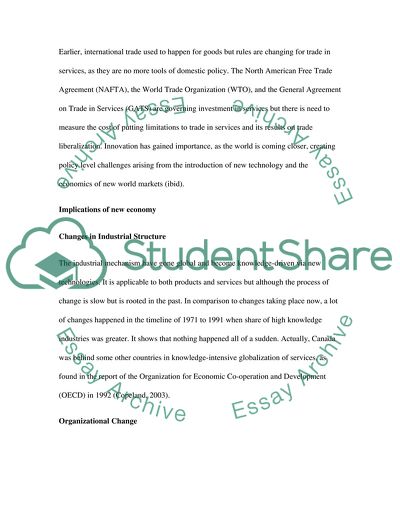Cite this document
(Implications of New Economy and Changes in Industrial Structure Research Paper, n.d.)
Implications of New Economy and Changes in Industrial Structure Research Paper. Retrieved from https://studentshare.org/macro-microeconomics/1732270-sy2001-j
Implications of New Economy and Changes in Industrial Structure Research Paper. Retrieved from https://studentshare.org/macro-microeconomics/1732270-sy2001-j
(Implications of New Economy and Changes in Industrial Structure Research Paper)
Implications of New Economy and Changes in Industrial Structure Research Paper. https://studentshare.org/macro-microeconomics/1732270-sy2001-j.
Implications of New Economy and Changes in Industrial Structure Research Paper. https://studentshare.org/macro-microeconomics/1732270-sy2001-j.
“Implications of New Economy and Changes in Industrial Structure Research Paper”, n.d. https://studentshare.org/macro-microeconomics/1732270-sy2001-j.


